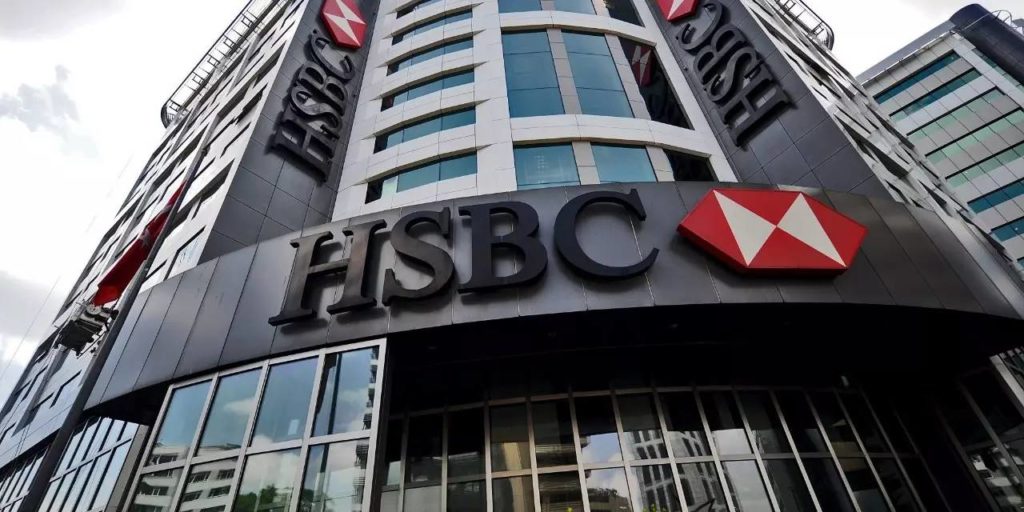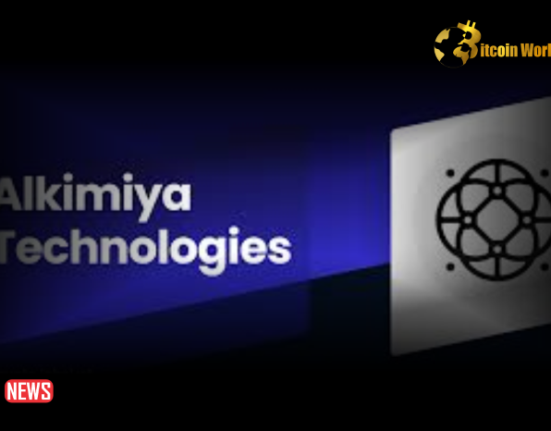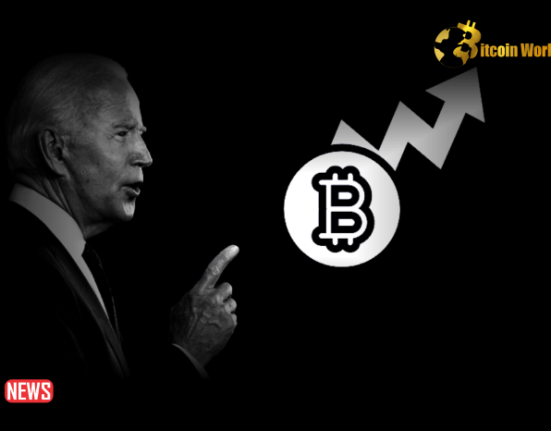
HSBC Bangladesh has executed the first-ever cross-border blockchain letter of credit transaction in Bangladesh, in a development that would reduce LC processing time from the standard 5-10 days to under 24 hours.
The first transaction involved the import of 20,000 tonnes of fuel oil by United Mymensingh Power Ltd from Singapore for its power plant.
This is the first-time a cross-border blockchain transaction has been executed in Bangladesh, the bank said in a statement yesterday.
The transaction was completed under the Contour platform which is built using R3’s Corda blockchain technology, connecting a global network of banks, corporates and digital solutions.
A blockchain is a database that is shared across a network of computers. Once a record has been added to the chain it is very difficult to change. To ensure all the copies of the database are the same, the network makes constant checks, according to Reuters.
Blockchains have been used to underpin cyber-currencies like bitcoin but many other possible uses in areas such as banking and supply chain are emerging.
“This showcases our strong commitment and ability to support cross-border trade by Bangladeshi businesses using cutting-edge technology platforms,” said Md Mahbub ur Rahman, chief executive officer of HSBC Bangladesh.
“I believe this will usher in a new era of routing international trade transactions as businesses and governments recognise transparency, security and swiftness in performing tasks using blockchain technology.”
“I am very pleased that HSBC has pioneered Bangladesh’s first-ever cross-border blockchain LC transaction,” he added.
This marks a significant step for Bangladeshi companies in the digitalisation of trade. It makes doing business simpler and faster by reducing transaction times and boosts working capital efficiency, something that’s especially appealing to local firms navigating through the current economic challenges, the statement added.
“We are very enthusiastic about the use of blockchain technology for our imports. We understand that we are headed towards a digital era and we are ready to evolve in our effort to adapt to the changes,” said Moinuddin Hasan Rashid, group chairman and managing director of United Group.
Fuel oil LCs are highly time-sensitive where every second counts and United Group believes the blockchain technology will help manage time efficiently and ensure increased efficiency and better cost management, he said.
For the first half of 2020, Bangladesh’s trade under LCs was more than $34 billion, according to the SWIFT, a global provider of secure financial messaging services.
“So, the potential efficiencies for domestic companies are tremendous,” the bank said.
HSBC has pioneered blockchain platform in countries such as India, Malaysia, Oman, Saudi Arabia, Singapore, South Korea and Vietnam.
The bank serves customers worldwide from offices in 64 countries and territories with assets of $2.92 trillion as of 30 June, making it one of the world’s largest banking and financial services.














